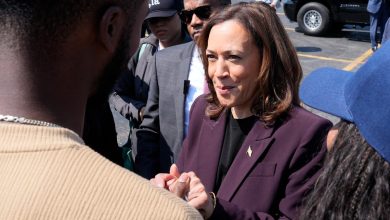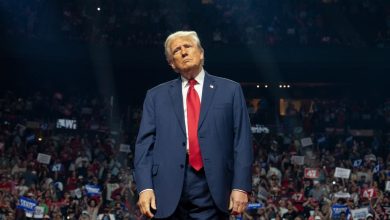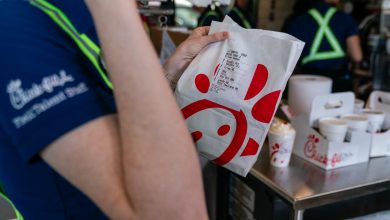Bolivians in shock after attempted coup by top general
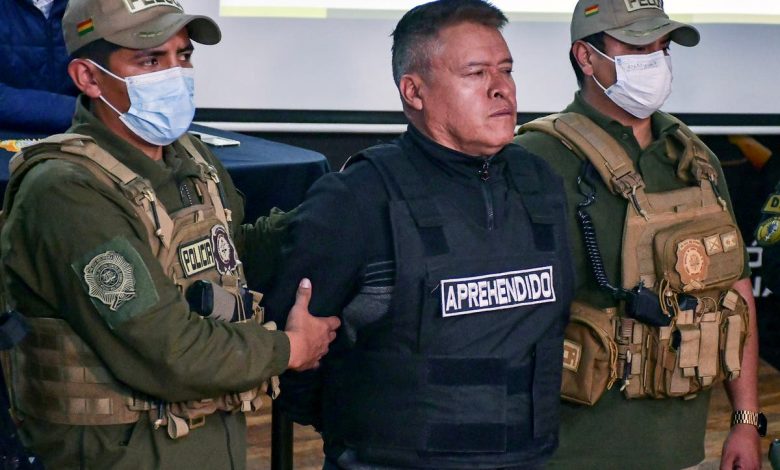
Bolivia’s capital La Paz is reeling in the wake of an attempted coup as troops led by a top general rammed the doors of the government palace in tumultous scenes that threatened to drag the South American democracy into chaos.
Military forces led by army chief General Juan Jose Zuniga appeared to take control of president Luis Arce’s government by seizing control of the city’s central square and unleashing teargas on protesters who flooded the streets.
General Zuniga vowed to “restore democracy”, replace the cabinet and free political prisoners, but was condemned by opposition leaders as it became clear he had little political support.
Mr Arce refused to bow to the pressure and named a new army commander, who immediately ordered troops to stand down, ending the rebellion.
The president’s supporters rapidly came to his aid and rushed to the square outside the palace, waving Bolivian flags, singing the national anthem and cheering.
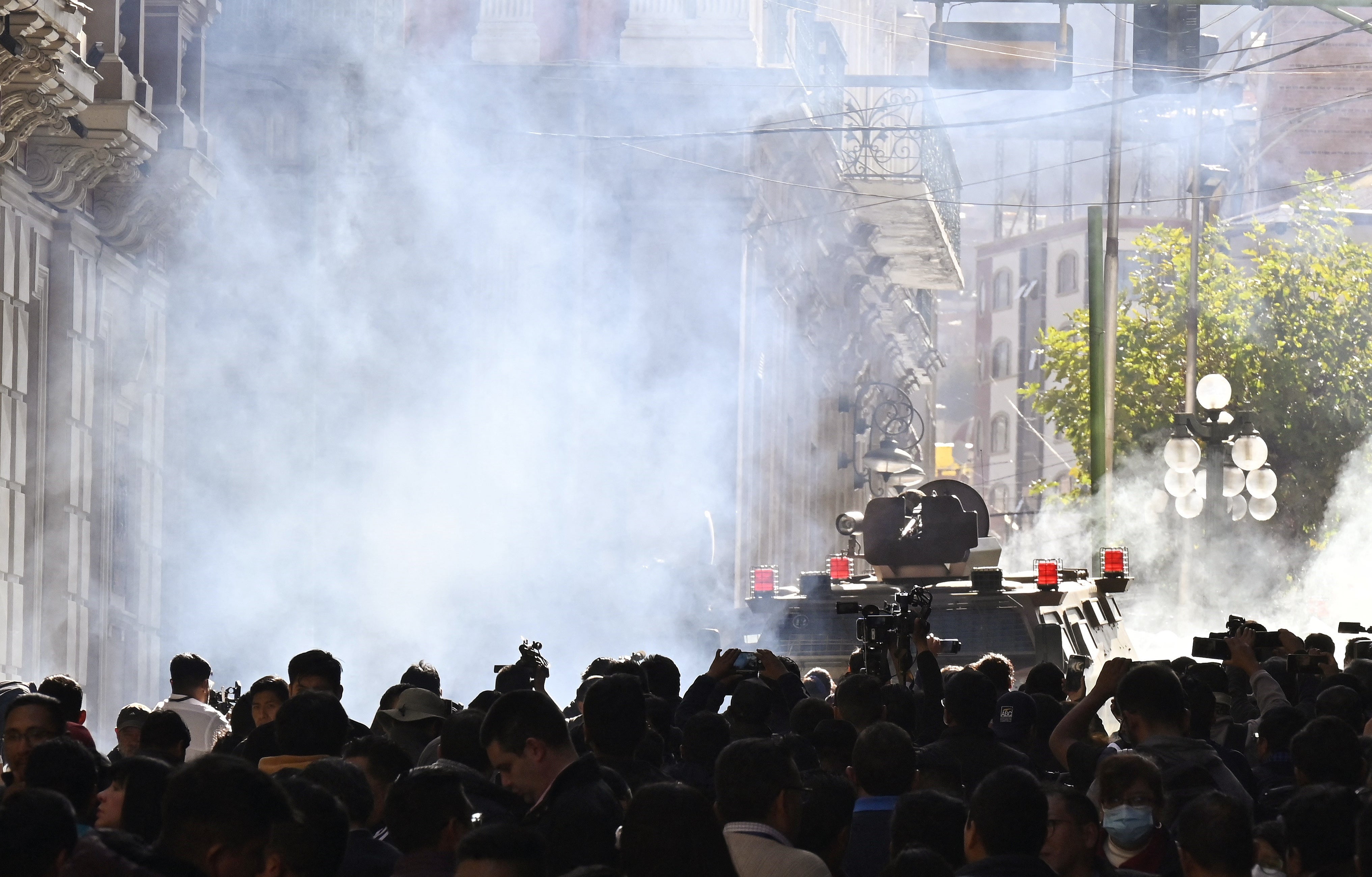
Mr Arce said: “Here we are, firm, in the presidential palace, to confront any coup attempt.”
General Zuniga and his alleged co-conspirator, former navy vice-admiral Juan Arnez Salvador, were arrested by authorities.
Government minister Eduardo del Castillo told journalists: “Their goal was to overturn the democratically elected authority.”
The short-lived rebellion followed months of mounting tensions between Mr Arce and his one-time ally, left-wing former president Evo Morales.
Mr Morales, the country’s first Indigenous president, was forced to resign in 2019 after 14 years in power, following mass protests against him.
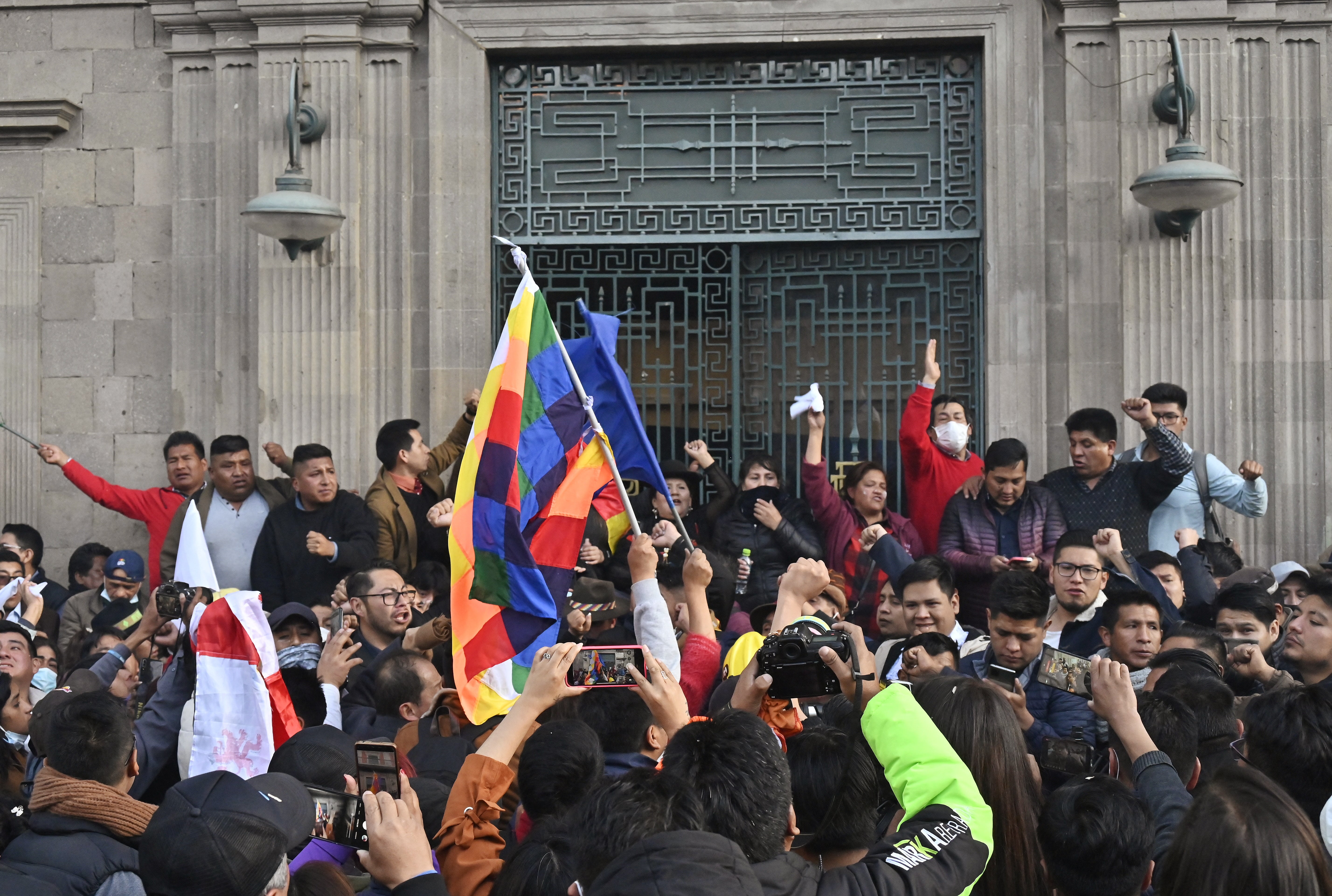
He has since returned from political exile and is threatening to challenge Mr Arce in the 2025 primaries, which has caused a widening rift in their ruling socialist party.
Further fueling tensions is an economic crisis, with the country’s foreign currency reserves diminishing, its natural gas exports plummeting and its currency peg collapsing.
As police in riot gear set up outside the presidential palace, Bolivians queued at ATMs, formed long lines outside petrol stations and emptied shelves in grocery stores.
Flanked by the newly appointed military chiefs late on Wednesday, defence minister Edmundo Novillo sought to reassure the rattled public and shed light on what had happened.
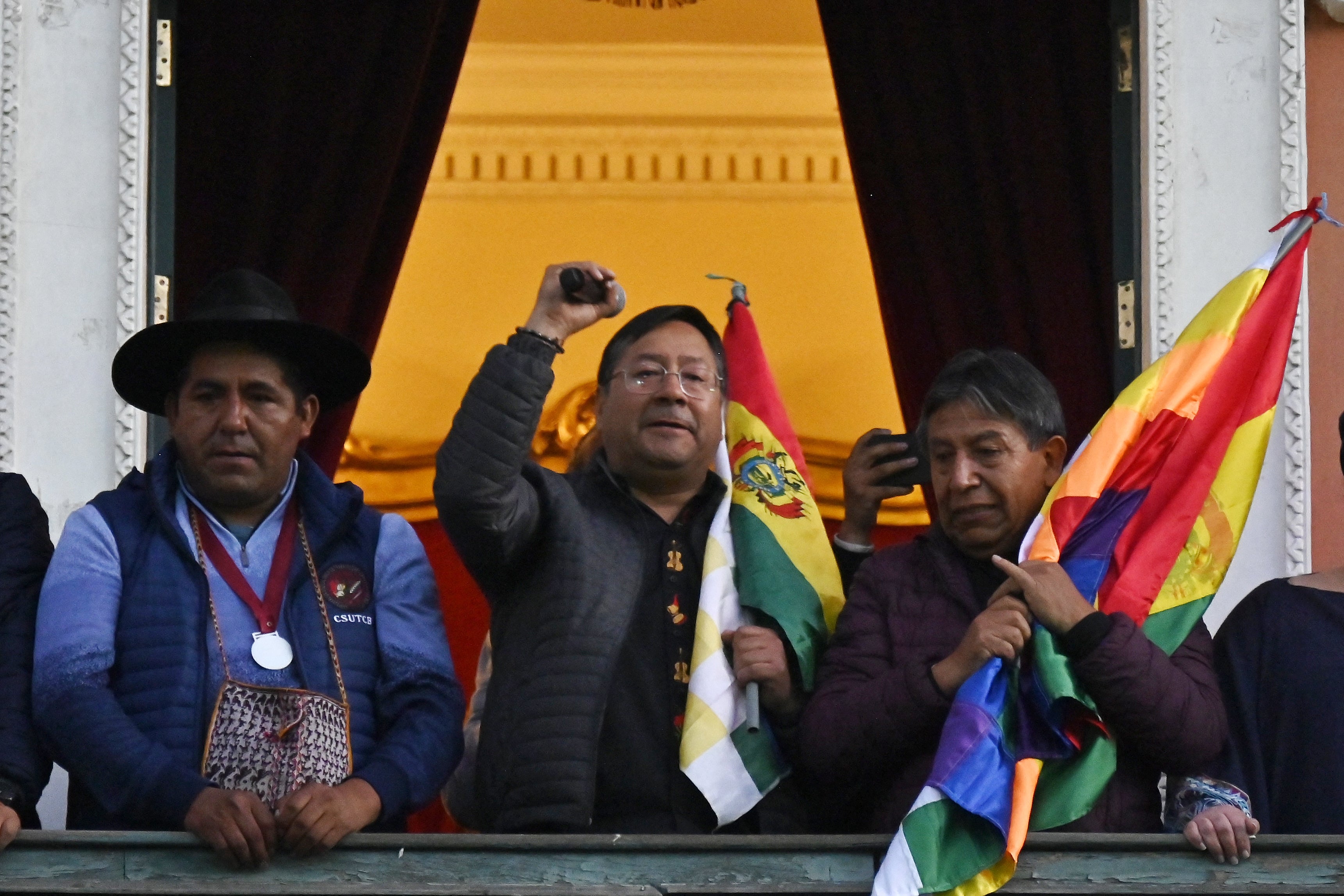
The turmoil began, Mr Novillo said, when Mr Arce dismissed General Zuniga in a private meeting on Tuesday over the army chief’s threats to arrest Mr Morales if he proceeded with his presidential bid in 2025.
In their meeting, Mr Novillo said, General Zuniga gave officials no indication that he was preparing to seize power.
Just hours later, tailed by armoured vehicles and supporters, General Zuniga burst into government headquarters and declared that he was sick of political infighting. “The armed forces intend to restore the democracy,” he said.
Members of the country’s fragmented opposition, which General Zuniga claimed to support, rejected the coup before it was clear it had failed.
Prosecutors will seek the maximum sentence of 15 to 20 years in prison for General Zuniga on charges of “attacking the constitution”, said Mr Novillo.
“This grants control to the military and erodes democracy and is an important signpost that the problems of the 2019 coup have not been addressed,” said Kathryn Ledebur, director of the Andean Information Network, a Bolivia-based research group. “Bolivia’s democracy remains very fragile, and definitely a great deal more fragile today than it was yesterday.”
Additional reporting by agencies




